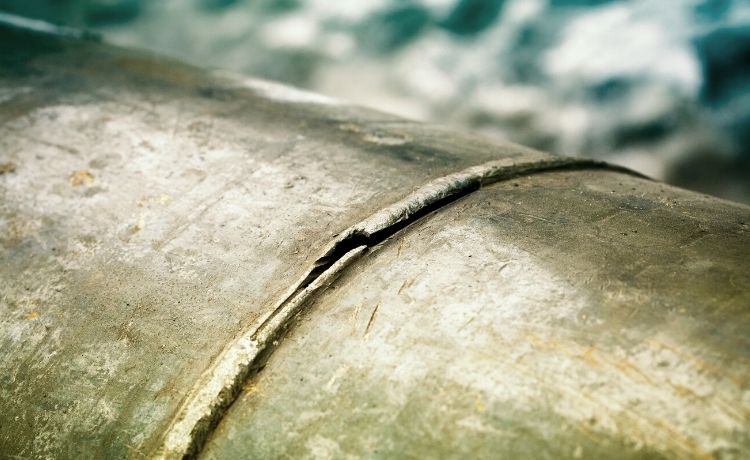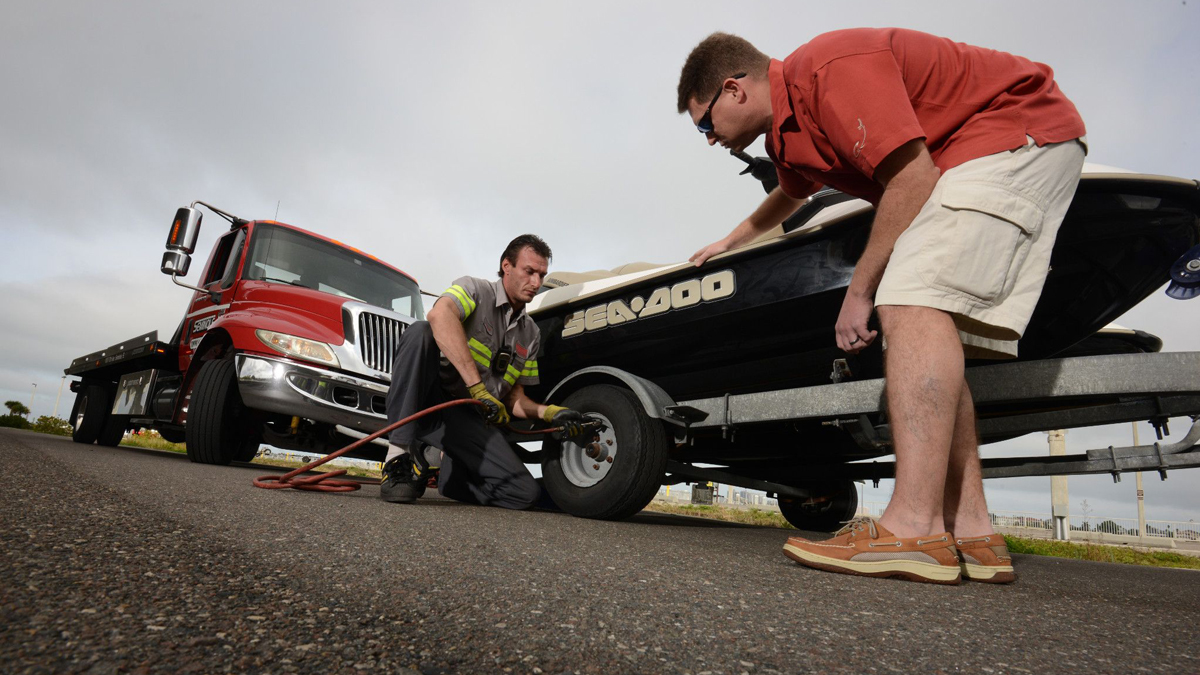No matter where you live, your community relies on safe and effective pipelines. When industrial pipelines are in working order, they safely deliver valuable products to gas stations, service meters, and homes and businesses everywhere. When these pipelines stop working, the effects can harm nearby environments and communities. Pipeline damage, leaks, and accidents can cut off supply and create serious health risks. Oil companies, construction businesses, and regular homeowners alike need to understand the common causes of pipeline failure so that they can prevent these and other hazards in the future.
Corrosion
Corrosion is the result of the pipeline material and various valves (such as Control Valve) reacting with its surroundings. These reactions can stem from the natural environment around the pipe, the chemical products within the pipe, or specific defects that occur throughout the pipeline system. External corrosion occurs when the outer surface of the pipe causes an electrochemical interaction with the surrounding soil, water, or air. Internal corrosion happens when the same interaction occurs between the inner surface of the pipe and the product it’s transporting. All types of corrosion cause the metal of the pipe to wear down, weakening the integrity of the pipeline.
Incorrect Operation
Human error can also lead to some of the most common causes of pipeline failure. Improper training, poor instructions, or simple mistakes can lead to damaged pipes, or pipes that get shut down entirely. This is why pipeline companies must prioritize their training and onboarding processes. The more qualified the pipeline workers, the less risk there is of incorrect operation and pipeline failure. Gas and oil companies should always outfit their workers with the education, resources, and pipeline products they need to safely maintain the pipeline system.
Excavation Damage
Pipelines often run underground, making it difficult to spot them during construction work. Both commercial and residential construction projects must ensure they avoid pipelines during the digging process. One wrong move can create a dent or crack in the pipeline. Careless excavation can also damage a pipe’s protective coating. Whether you’re repairing major highways, laying the foundation for a new home, or digging out fields for this year’s crops, make sure you take the necessary precautions to locate and avoid local pipelines.









 Deering Estate
Deering Estate
 Massage Envy South Miami
Massage Envy South Miami
 Calla Blow Dry
Calla Blow Dry
 My Derma Clinic
My Derma Clinic
 Sushi Maki
Sushi Maki
 Sports Grill
Sports Grill
 The Healthy Kitchen
The Healthy Kitchen
 Golden Rule Seafood
Golden Rule Seafood
 Malanga Cuban Café
Malanga Cuban Café

 Kathleen Ballard
Kathleen Ballard
 Panter, Panter & Sampedro
Panter, Panter & Sampedro
 Vintage Liquors
Vintage Liquors
 The Dog from Ipanema
The Dog from Ipanema
 Rubinstein Family Chiropractic
Rubinstein Family Chiropractic
 Your Pet’s Best
Your Pet’s Best
 Indigo Republic
Indigo Republic




 ATR Luxury Homes
ATR Luxury Homes


 2112 Design Studio
2112 Design Studio
 Hamilton Fox & Company
Hamilton Fox & Company
 Creative Design Services
Creative Design Services
 Best Pest Professionals
Best Pest Professionals
 HD Tree Services
HD Tree Services
 Trinity Air Conditioning Company
Trinity Air Conditioning Company
 Cisca Construction & Development
Cisca Construction & Development
 Mosquito Joe
Mosquito Joe
 Cutler Bay Solar Solutions
Cutler Bay Solar Solutions


 Miami Royal Ballet & Dance
Miami Royal Ballet & Dance
 Christopher Columbus
Christopher Columbus
 Pineview Preschools
Pineview Preschools
 Westminster
Westminster
 Carrollton
Carrollton
 Lil’ Jungle
Lil’ Jungle
 Frost Science Museum
Frost Science Museum
 Palmer Trinity School
Palmer Trinity School
 South Florida Music
South Florida Music
 Pinecrest Orthodontics
Pinecrest Orthodontics
 Dr. Bob Pediatric Dentist
Dr. Bob Pediatric Dentist
 d.pediatrics
d.pediatrics
 South Miami Women’s Health
South Miami Women’s Health

 The Spot Barbershop
The Spot Barbershop
 My Derma Clinic
My Derma Clinic




 Miami Dance Project
Miami Dance Project

 Rubinstein Family Chiropractic
Rubinstein Family Chiropractic
 Indigo Republic
Indigo Republic

 Safes Universe
Safes Universe
 Vintage Liquors
Vintage Liquors
 Evenings Delight
Evenings Delight





 Atchana’s Homegrown Thai
Atchana’s Homegrown Thai
 Baptist Health South Florida
Baptist Health South Florida

 Laser Eye Center of Miami
Laser Eye Center of Miami
 Visiting Angels
Visiting Angels
 OpusCare of South Florida
OpusCare of South Florida

 Your Pet’s Best
Your Pet’s Best





 HD Tree Services
HD Tree Services
 Hamilton Fox & Company
Hamilton Fox & Company


 Creative Design Services
Creative Design Services